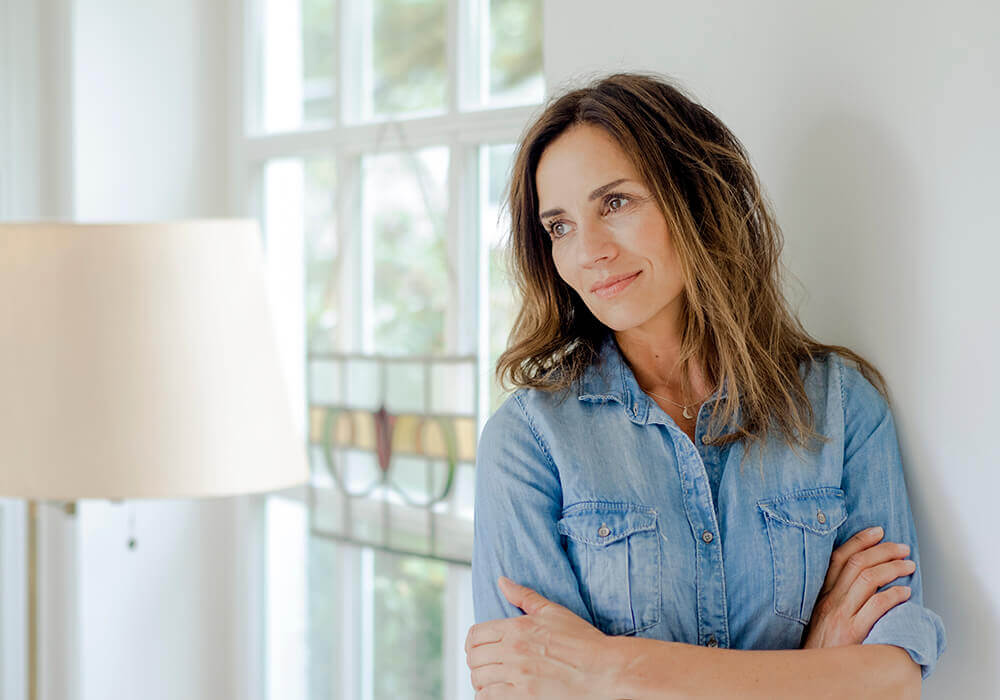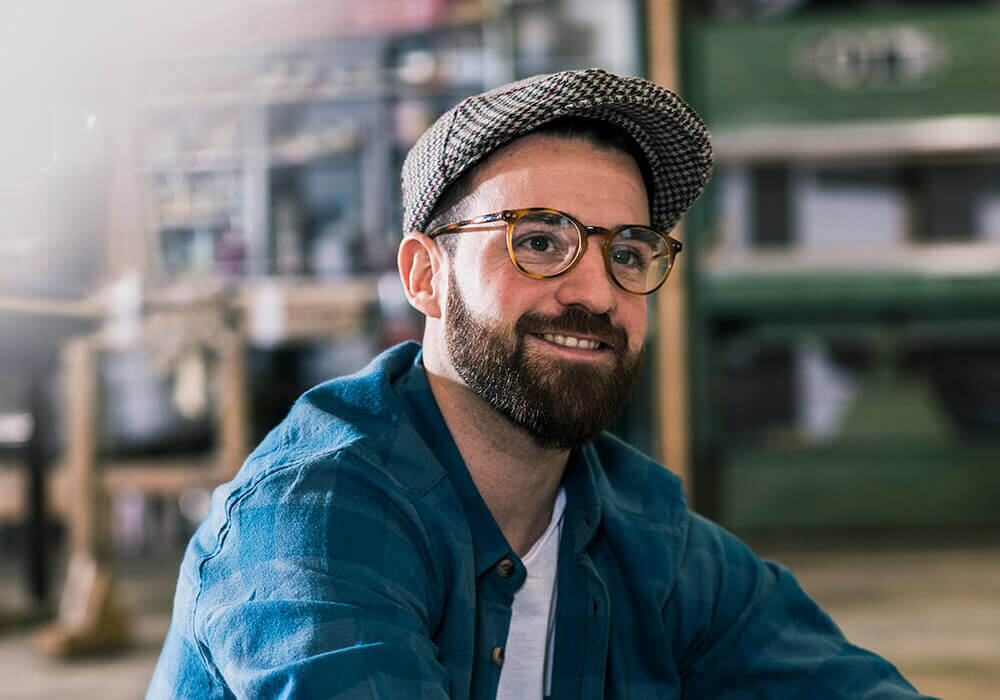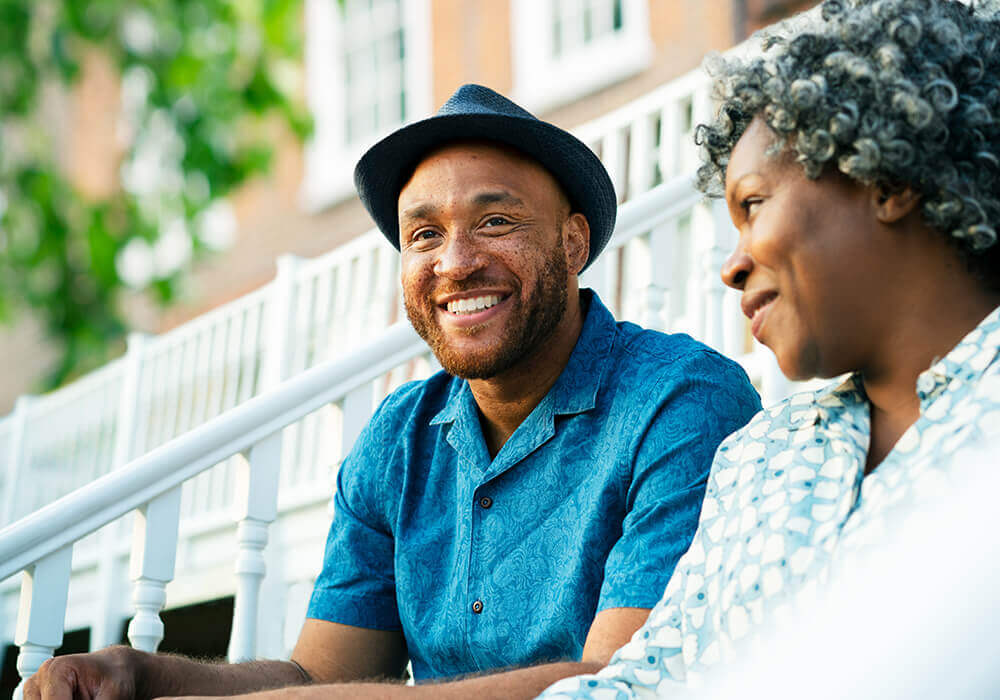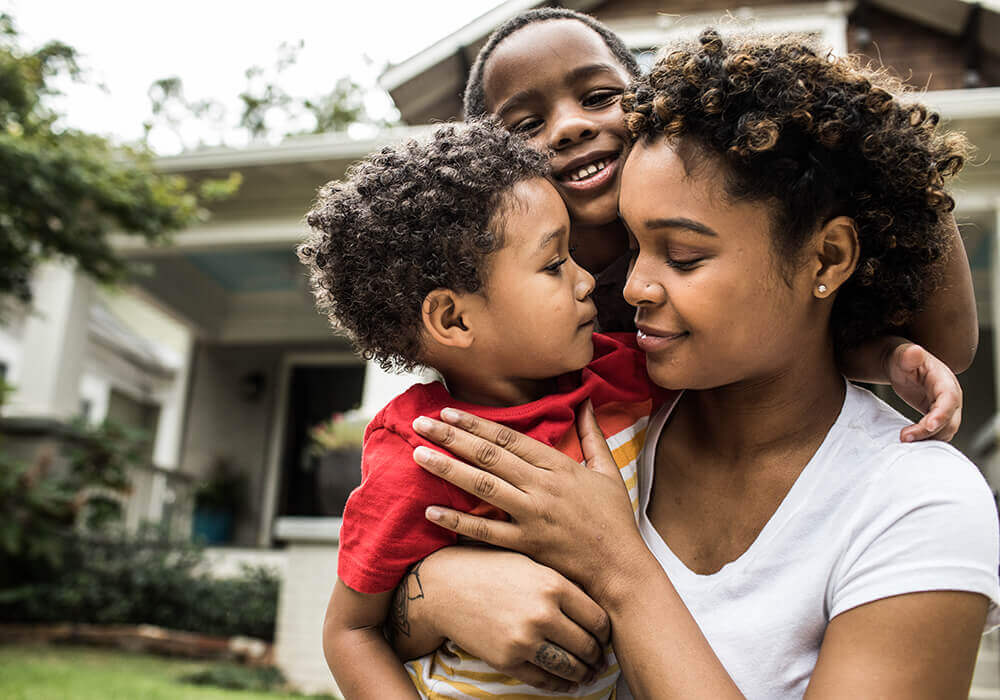Treatment services – our continuum of care
At Ashley, our priority is to help individuals and families heal from the damage caused by alcoholism and substance use disorders. We combine passionate care from trained clinical professionals with evidence-based treatment methods that heal the mind, body and spirit. Our programs are categorized into three different formats, depending on the need of the patient. Regardless of your circumstance, we will guide you into an individualized, effective program to begin your path to lasting recovery.
Explore our programs
Using every tool available
Our commitment to our patients’ full and safe recovery means using every tool possible to support them. We utilize medication supported recovery methods in some cases to ease patient withdrawal, minimize cravings and foster a more focused state of mind. This technique helps to engage patients to build a foundation for long-term recovery.
Addiction affects the whole family
We help families cope with and overcome the effects of substance use disorder through programming specific to children, parents and caregivers. Featuring weekly virtual support meetings, our Family Support provides engagement and resources to families during these difficult times.
Supporting your entire recovery
At Ashley, we know the journey just begins after the first 28 days. Following inpatient treatment, Ashley provides helpful continued recovery resources, including a dedicated team, a supportive network of Ashley alumni and an exclusive Recovery Support program to ensure you’re able to continue your recovery and live a healthy life.




